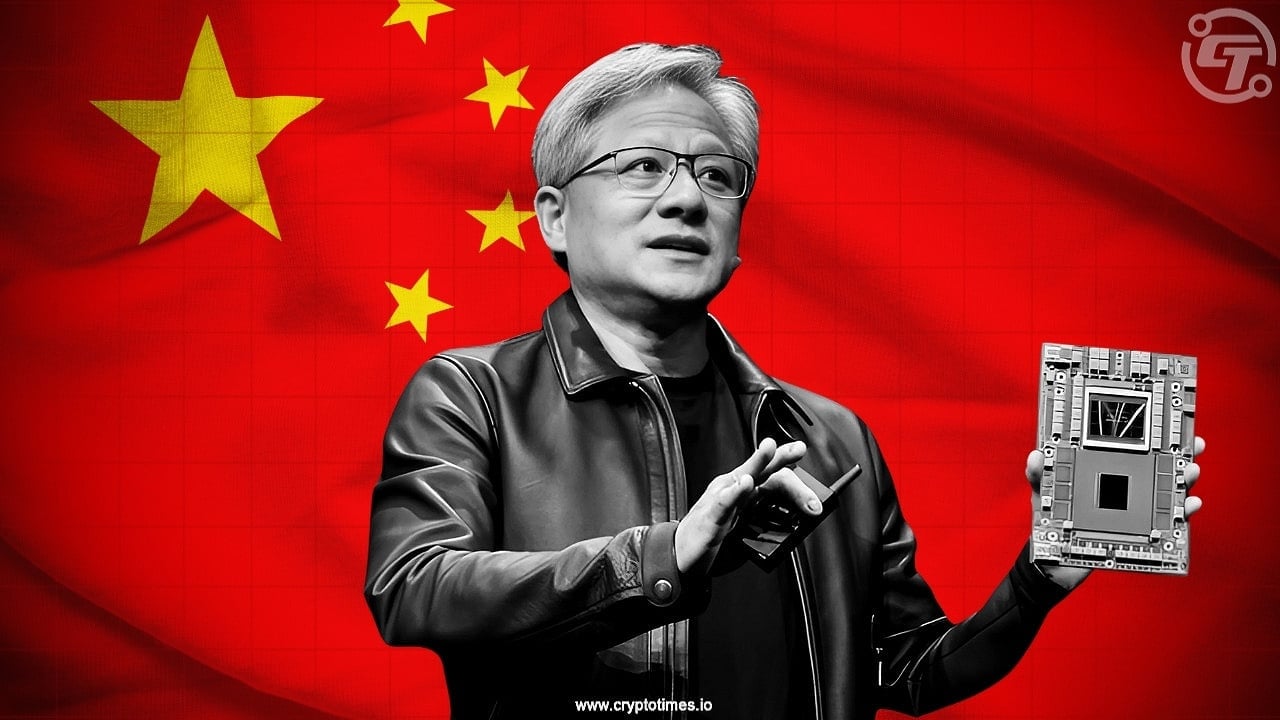Cyberspace Administration of China (CAC) has instructed its major technology companies, like ByteDance and Alibaba, to cease purchases of Nvidia Corp.’s artificial intelligence (AI) chips and cancel outstanding orders, according to a Financial Times report.
Reports say China’s move is aimed at cutting reliance on U.S. tech. Companies like ByteDance and Alibaba have been told to stop testing and buying Nvidia’s RTX Pro 6000D AI chips. This comes as U.S.-China trade tensions rise, after Beijing claimed Nvidia broke its anti-monopoly rules.
Beijing’s Nvidia chip ban reflects tech independence goal
The U.S. has long limited China’s access to advanced chips, pushing Beijing to encourage local companies to avoid American suppliers. Nvidia, a top AI chip maker, is heavily impacted as China works to develop its own chip technology. Nvidia’s stock dropped 1% in early trading on Wednesday, showing investor worries about losing the Chinese market.
Nvidia CEO reacts to ban
Nvidia CEO Jensen Huang expressed disappointment after reports of China’s ban, saying the company had hoped its China-specific RTX Pro 6000D chips would support AI growth in the region. Analysts note that the move could hurt Nvidia’s short-term sales in China but may accelerate China’s push for domestic chip development.
The RTX Pro 6000D, Nvidia’s latest AI chip adapted for China, had already faced subdued interest, with Reuters reporting earlier this week that several major tech firms chose not to order it despite initial plans for tens of thousands of units. Several companies had begun verification processes with Nvidia’s server suppliers before receiving the CAC’s instructions to stop.
This latest measure marks a tougher stance than previous regulatory guidance, which primarily addressed the H20, an earlier version of Nvidia’s China-specific AI chip.
Earlier, in a similar move, on August 15, 2025, the Chinese government had encouraged DeepSeek to use Huawei’s Ascend processors instead of Nvidia’s chips. The development underscores Beijing’s broader strategy to achieve technological self-sufficiency, even as it navigates challenges in matching U.S. innovation.
Also Read: Google to Invest $6.8 bn in UK AI Before Trump’s Visit













